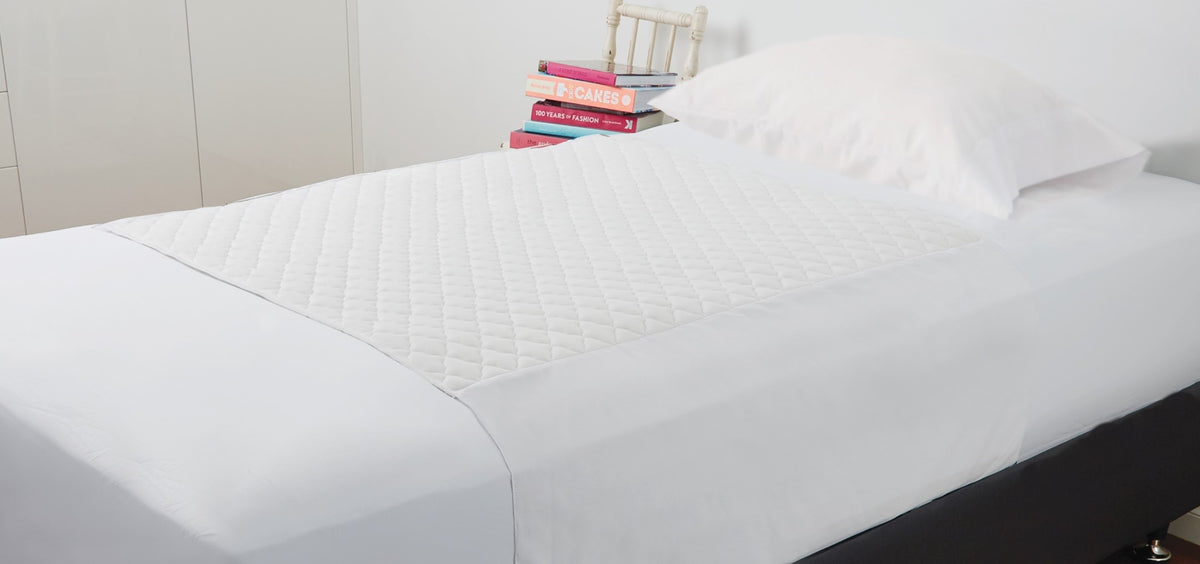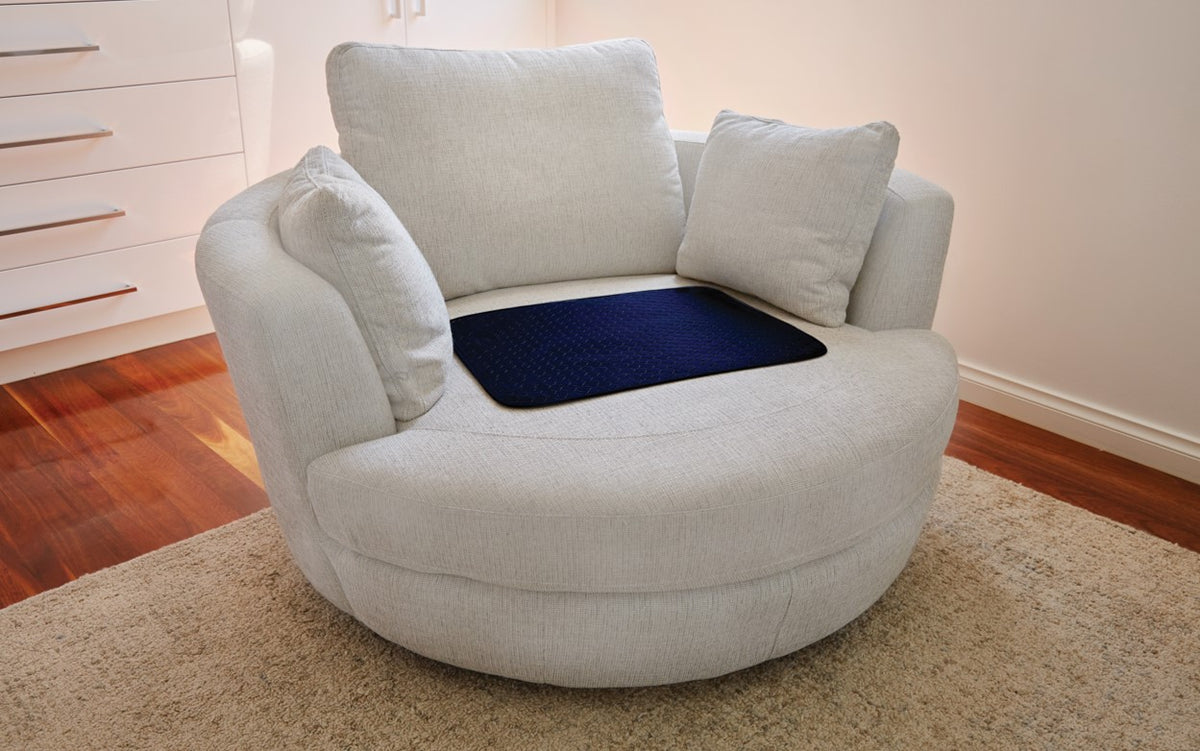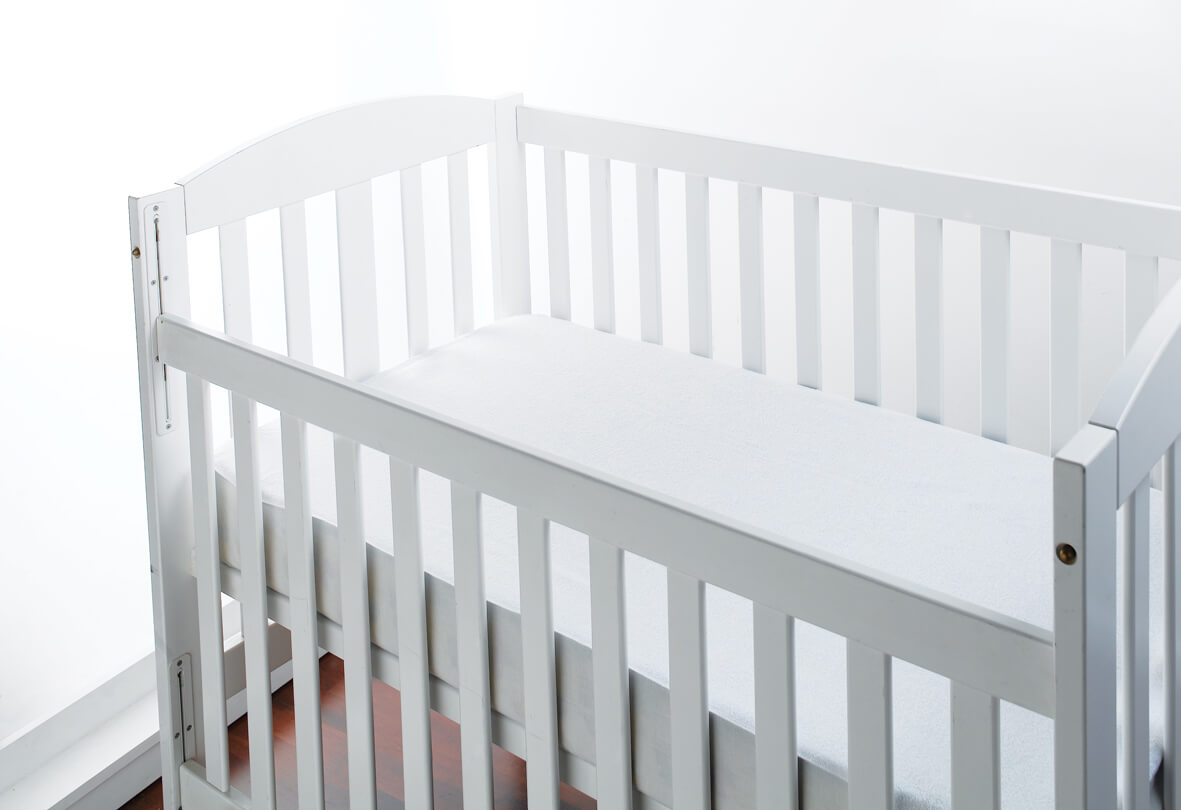Pelvic Floor Strengthening: What To Do
Tue, Apr 14, 20
Treatment
Strong pelvic floor muscles can help prevent or reduce the impact of incontinence.
What can weaken pelvic floor muscles?
A number of factors can result in weak pelvic floor muscles.
These may include:
- Being unfit
- Pregnancy and childbirth
- Bladder or bowel surgery
- Constipation
- Obesity
- Heavy lifting
- Long-term, regular coughing that maybe caused by
things such as asthma or a smokers cough - Ageing
Strengthening pelvic floor muscles can:
- Help or resolve the issue for those experiencing stress incontinence caused by exercise, coughing or sneezing
- Help those with urge incontinence (the need to pass urine more often than considered regular)
- Help those with bowel control problems
- Reduce the effects of pregnancy, childbirth and menopause on the bladder and bowel
Identifying your pelvic muscles
So you know which muscles you need to strengthen first you need to identify them. To identify your pelvic muscles:
- When going to the toilet, try to stop your urine stream
and then restart it. - Lie or sit down and relax your stomach, buttock
and thigh muscles and without squeezing your buttocks
together try to squeeze the ring of muscle around the
back passage (like trying to stop passing wind) and then relax.
If you are unable to clearly identify these muscles or stop your urine
stream you should get advice from a continence nurse, physiotherapist or your doctor.
What exercises can I do?
Strengthen pelvic floor muscles through targeted exercises.A simple exercise you can try at home is while sitting or lying down, relax your buttocks, stomach and thighs and:
- Contract the muscles around your bladder and back passage at the same time.
- Try to lift them up and hold them for a count of 10.
- Let go and relax
- Repeat 12 times
Remember: like all exercises those for your pelvic floor are most effective when done correctly and tailored to your specific need.
Getting help with pelvic floor muscle strengthening
Your doctor is always a good starting point, as is a continence nurse or physiotherapist. They will be able to do a full assessment and provide you with suggestions on how best to achieve results. You may also want to check out an initiative of the Continence Foundation of Australia,

Pelvic Floor First
Pelvic Floor First's aim is to "reduce the number of men and women who experience pelvic floor dysfunction as a result of inappropriate exercise regimes.
For more information visit the Pelvic Floor First website
Our Registered Nurse is also here to help. Just give us a call on 1300 857 123 and ask for Treasure.










